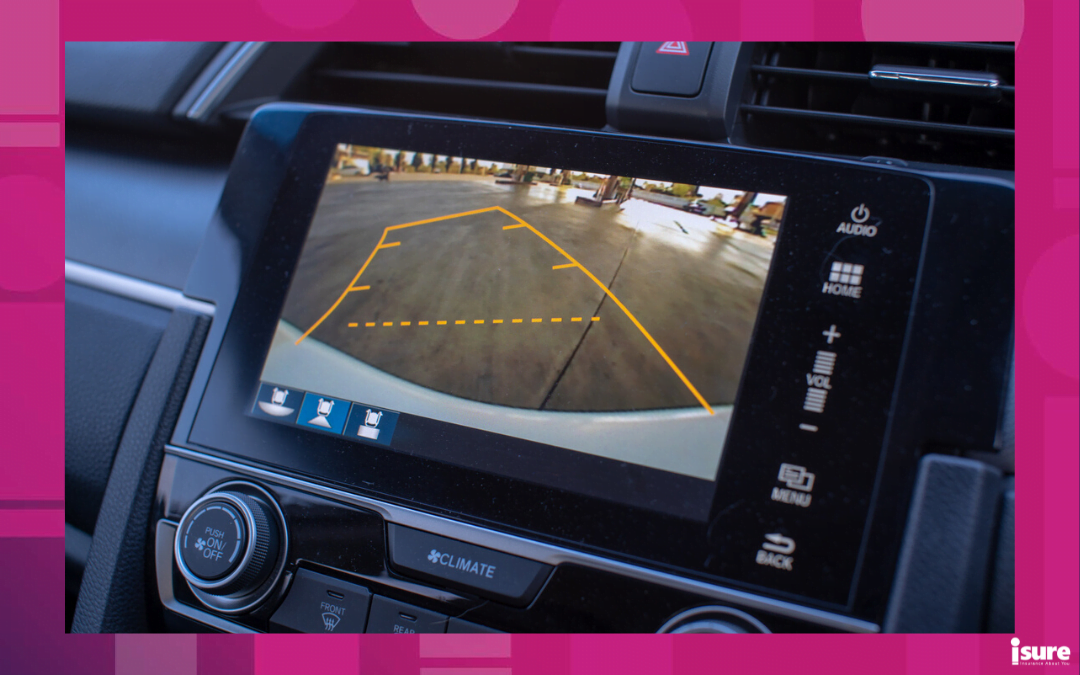When many people start a business venture, a commercial vehicle is quite often included in the process. However, not many people are aware of the steps that come along with having your commercial vehicle properly registered with the Ontario government. This is where the Commercial Vehicle Operator’s Registration (CVOR) process comes into play! Luckily, isure has everything you need to know about CVOR and when you will require it. This way, you’ll never have to worry about your commercial vehicle and focus on your business.
What is a Commercial Vehicle Operator’s Registration certificate?
If you own or operate a commercial vehicle in the province of Ontario, it is mandatory you have a valid Commercial Vehicle Operator’s Registration certificate. This is a certificate that will be kept on you whenever you are behind the wheel of your commercial vehicle. In many cases, you will be required to show your certificate to enforcement or police officers when pulled over or during an inspection.
The CVOR’s job is to monitor and evaluate the operator and their vehicle’s safety records, making sure it is safe for the road at all times. What is inspected will vary from vehicle to vehicle, but generally it will include:
- Vehicle fleet size
- Vehicle kilometres travelled
- Business ownership structure
- Vehicle safety rating
- Convictions
- Reported collisions
- Prior Commercial Vehicle Safety Alliance (CVSA) inspections
- Any letters, audits or sanctions from the Ministry of Transportation
CVOR ratings
When receiving your CVOR certificate, each operator will be assigned a rating based on their safety performance. There are five different ratings, each completely available to the public. This means your rating can affect your ability to attract customers to your business. The ratings are as follows:
- Excellent
- Satisfactory
- Satisfactory – no audit
- Conditional
- Unsatisfactory
It is important to keep in mind that if your performance doesn’t meet the provinces standards, you may face some interventions. These include seizure of plates, suspension or cancellation of operating privileges, disciplinary letters and interviews. If you have an “unsatisfactory” rating, you will lose your operating privileges and be suspended or cancelled throughout Canada.
How do I know if I need this certificate?
Generally speaking, most commercial vehicles within Ontario will need a CVOR. If you’re unsure if your vehicle is classified as a commercial vehicle, it is important to find out immediately. The following vehicles are classified as commercial vehicles in Ontario:
- Trucks with a registered gross weight over 4,500 kg, including those with farm licence plates.
- Pickup trucks registered to a business or with a manufacturer’s gross vehicle weight rating of 6,000 kg.
- Buses that have a seating capacity of 10 or more passengers.
- Mobile cranes (not including off-road mobile cranes).
- Tow trucks, including vehicles with a flatbed to tow or transport other motor vehicles, or any motor vehicle designed or modified to tow another vehicle.
What is Registered Gross Weight (RGW)?
The Registered Gross Weight (RGW) of a vehicle is the weight of the vehicle itself, as well as everything it is carrying. You can find your vehicle’s gross weight by bringing it to a truck stop or municipal facility that can weigh it.
You must find out your vehicle’s RGW in order to register your vehicle with ServiceOntario and receive your Ontario licence plates. Your RGW cannot be higher than the manufacturer gross weight rating for your vehicle. It is illegal to operate a vehicle with a gross weighting that is higher than its RGW. If you plan on carrying a load that is heavier, you will need to visit a ServiceOntario centre to update your registration.
When it comes to registering your vehicle, you should select a RGW that is high enough to account for the heaviest load you plan to carry.
How can I get my CVOR certificate?
If you are a new business owner and want to apply for a CVOR certificate, you can do so by applying online. The process includes a knowledge test and a $255 fee that must be paid. Depending on how your operation is structured, you may need to submit more than one application. Be sure to have your businesses information handy, as well!
Remember, no matter what type of commercial vehicle(s) you may have, we can help with all of your vehicle or business insurance needs! Request a quote today!




